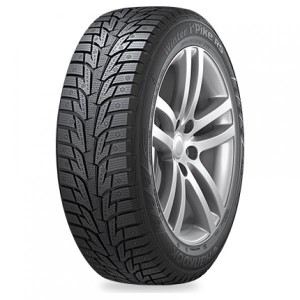It's that time of year again. For most of the country winter is here. While the images of a white Christmas and children playing in the snow are nice to think about the reality is not so charming. The harsh winter cold, snow and ice can wreak havoc on your home and your car. Fortunately there are some things that you can do to prepare.
Finding the best winter tires depends a lot on where you live. Areas that receive no snow or ice will probably be fine with all-weather tires. On the other hand, if you do receive snow and ice is known to be a problem then snow tires would probably be a safer bet. If you are going to be traveling by car during the winter holiday you should keep that in mind as well by planning to either buy a new set of tires or at least invest in a set of snow chains. Having the proper tires is vital for the winter season and could the mean the difference of whether or not your vehicle stays on the road or off.
Winter weather is not only tough on the road and your tires but on the undercarriage and body of your vehicle as well. The most common method of removing snow, besides a snowplow, is salt. And while salt may be good on your food, it is not good on your vehicle. Salt can cause serious rust damage to chrome
wheels and the body of the car if they are not prepped carefully and maintained often.
There are special paint sealants that are designed to give your vehicle the added protection that it needs during the winter. There are also similar products available for your wheels and tires. All of them require several coats for full effectiveness and generally need to be repeated every 5-6 months. You can further
protect your vehicle by rinsing it down thoroughly after driving through the snow and salt.
Of course for most of us who would like to preserve our vehicles for as long as possible, the ideal would be to lock them away in the garage for winter. But that isn't really realistic. The key is to start preparing your car early. Now is the time to begin purchasing your winter tires and preparing your vehicle for lower temperatures and more harsh conditions. Because once the damage to your vehicle is done it can be hard to reverse.
